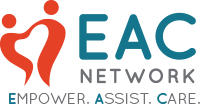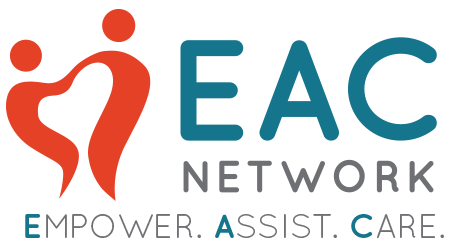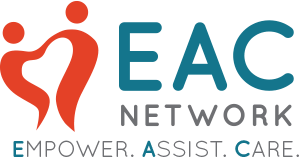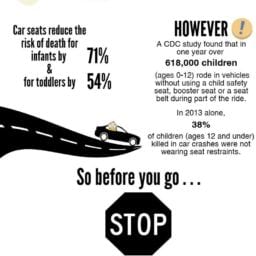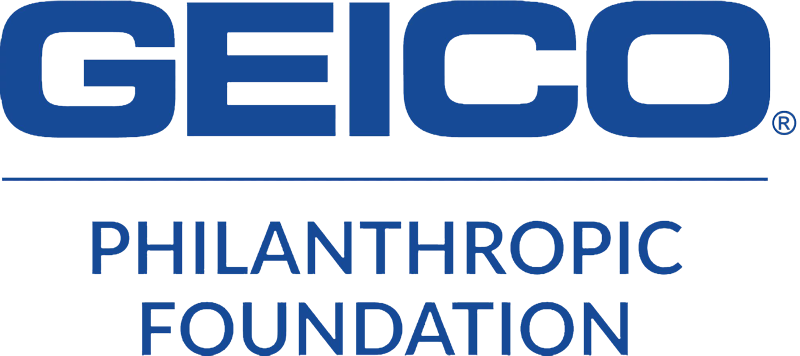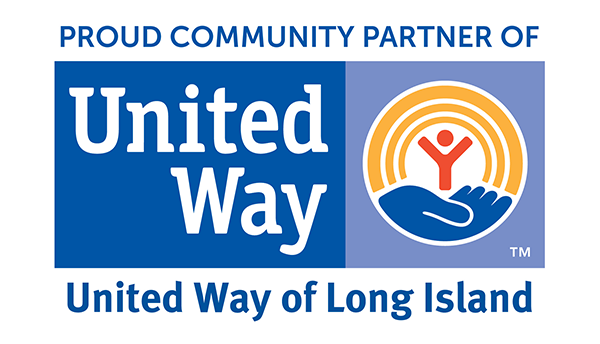UNDERSTANDING THE PROBLEM
There are approximately 22.7 million Americans who are in need of treatment for drug and/or alcohol-related problems right now. However, many will never seek treatment because of the societal stigmas associated with substance use disorders.
Let’s take a look at some of the stereotypes we’ve all heard and possibly believed about people suffering from addiction.
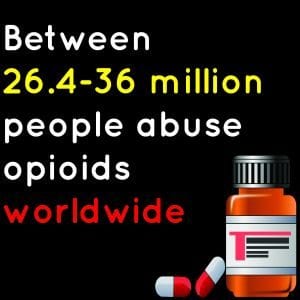 1. People do drugs and get addicted because they like to party
1. People do drugs and get addicted because they like to party
There is no singular cause of addiction. There are countless contributing factors, including mental health disorders, physical health, family situations, socialization problems, legal issues, and employment. People have different reasons for becoming addicted. Opioids like morphine and prescription pain killers are easily supplied by doctors for patients recovering from surgery, painful disorders, and even sports injuries. It’s estimated that between 26.4 million and 36 million people abuse opioids globally. These drugs are easily addictive and abused. When doctors will no longer supply pain killers to their patients for fear of substance abuse, people may turn to a cheaper opioid like heroin because they are already addicted. We can never assume why and how a person became addicted.
2. All addicts are deviants and criminals
 False. While addiction can drive someone to commit a crime, know that addicts come in all shapes and sizes. Most of them don’t live in alleyways and hang out in gangs. Often times we are made to believe that all people suffering from addiction are “bad eggs” who had “bad upbringings.” This simply isn’t true.
False. While addiction can drive someone to commit a crime, know that addicts come in all shapes and sizes. Most of them don’t live in alleyways and hang out in gangs. Often times we are made to believe that all people suffering from addiction are “bad eggs” who had “bad upbringings.” This simply isn’t true.
They are your friends, family members, co-workers, and neighbors. Most substance abusers can function well in society, be social, and have families and jobs. Heroin addiction has been plaguing Long Island for some time now in affluent areas, as well as throughout lower economic populations. Addiction doesn’t discriminate.
3. Addiction is not a disease
False again. Addiction is classified as a chronic disease that results in drug-seeking and compulsive substance usage. The initial consumption of drugs is seen as voluntary for most people. However, repeated drug use resulting in addiction causes changes to the brain and make it difficult to resist the urge to abuse substances. The changes to the brain may be long-lasting and can cause former addicts to relapse. This is the case with many other diseases such as severe anxiety disorders and depression. On-going treatment is necessary as addiction is a chronic health concern.
To learn more about substance abuse and treatment, visit our New Path Treatment Center here.
* * *
 Cassandra Huneke was the Special Events Coordinator for EAC Network. She graduated from Stony Brook University with a B.A. in English and is currently completing her Master’s Degree in Media Studies at The New School University in New York City.
Cassandra Huneke was the Special Events Coordinator for EAC Network. She graduated from Stony Brook University with a B.A. in English and is currently completing her Master’s Degree in Media Studies at The New School University in New York City.
